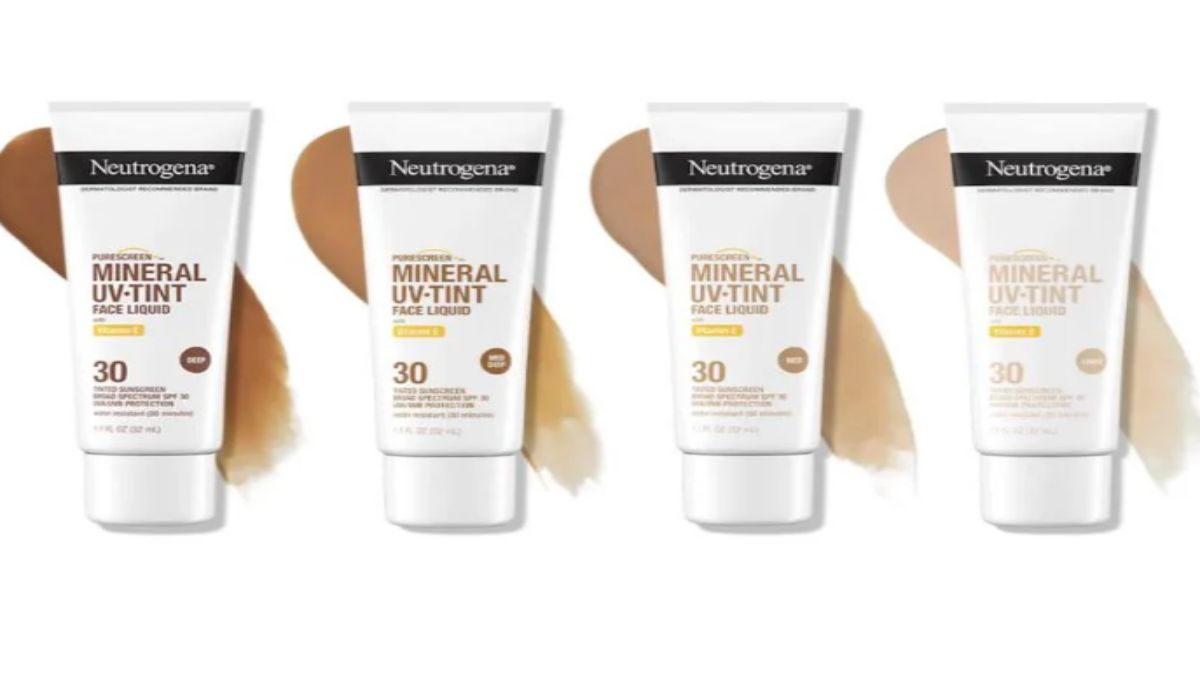Introduction
Finding a sunscreen doesn’t sting eyes can be a struggle, especially if you have sensitive skin or frequently experience irritation. Many sunscreens contain harsh chemicals that cause burning, tearing, and discomfort.
In this guide, we’ll explore:
- Why some sunscreens irritate the eyes
- Key ingredients to look for (and avoid)
- Top dermatologist-recommended eye-safe sunscreens
- Tips for applying sunscreen near the eyes
Whether you’re a parent looking for a tear-free sunscreen for kids or someone with sensitive skin, this guide will help you choose the best protection without the sting.
Why Does Sunscreen Sting Eyes?
Most stinging sunscreens contain chemical filters like oxybenzone, avobenzone, or octinoxate. These ingredients absorb UV rays but can also dissolve in sweat and migrate into the eyes, causing irritation.
Key Culprits:
- Oxybenzone – Known to cause burning and allergies
- Fragrances & Alcohol – Dry out skin and increase irritation
- Chemical UV Filters – More likely to run into eyes than mineral options
Solution: Opt for mineral sunscreens with zinc oxide or titanium dioxide—they sit on top of the skin and are less likely to cause irritation.
How to Choose a Sunscreen That Doesn’t Sting Eyes
When selecting a gentle sunscreen for eyes, consider these factors:
1. Mineral vs. Chemical Sunscreen
- Mineral (Physical) Sunscreen – Uses zinc oxide or titanium dioxide; less irritating.
- Chemical Sunscreen – May absorb into skin and cause stinging.
2. Fragrance-Free & Hypoallergenic
Avoid added perfumes and opt for fragrance-free sunscreen to reduce irritation.
3. Water-Resistant Formulas
A water-resistant sunscreen stays in place better, reducing the risk of it running into your eyes.
4. Dermatologist-Tested
Look for dermatologist-recommended sunscreen labeled safe for sensitive skin.
Top 5 Sunscreens That Don’t Sting Eyes (2025 Picks)
Here are the best eye-friendly sunscreens based on safety, comfort, and effectiveness:
1. CeraVe Mineral Sunscreen SPF 50
- Why It’s Great: Contains zinc oxide, fragrance-free, and non-comedogenic.
- Best For: Sensitive skin & daily wear.
2. La Roche-Posay Anthelios Mineral SPF 50
- Why It’s Great: Ultra-gentle, fast-absorbing, and ophthalmologist-tested.
- Best For: People prone to eye irritation.
3. Blue Lizard Sensitive Mineral Sunscreen SPF 50+
- Why It’s Great: No harsh chemicals, great for kids and adults.
- Best For: Outdoor activities.
4. Neutrogena Sensitive Skin Mineral Sunscreen SPF 50
- Why It’s Great: Lightweight, non-greasy, and affordable.
- Best For: Everyday use.
5. Thinkbaby Safe Sunscreen SPF 50
- Why It’s Great: Reef-safe, tear-free, and pediatrician-approved.
- Best For: Babies and children.
How to Apply Sunscreen Near Eyes Without Irritation
Even the best sunscreen for sensitive eyes can cause issues if applied incorrectly. Follow these tips:
✅ Avoid Direct Application on Eyelids – Apply around the orbital bone instead.
✅ Use a Stick or Powder Sunscreen – Less likely to migrate into eyes.
✅ Reapply Carefully – Blot sweat before reapplying to prevent runoff.
Conclusion
Choosing a sunscreen doesn’t sting eyes is crucial for comfort and protection. Mineral sunscreens with zinc oxide or titanium dioxide are the safest options, especially for sensitive skin and kids.
Stick to fragrance-free, hypoallergenic formulas and apply them correctly to avoid irritation. With the right product, you can enjoy sun protection without the burn!
FAQs About Sunscreen That Doesn’t Sting Eyes
1. Why does sunscreen burn my eyes?
Chemical sunscreens dissolve in sweat and run into eyes, causing irritation. Mineral sunscreens are less likely to sting.
2. What’s the best sunscreen for sensitive eyes?
Look for zinc oxide or titanium dioxide-based sunscreens like CeraVe Mineral or La Roche-Posay Anthelios.
3. Can I use regular sunscreen near my eyes?
It’s not recommended—opt for eye-safe sunscreen to prevent irritation.
4. Are there sunscreens specifically for kids that don’t sting?
Yes! Thinkbaby and Blue Lizard make tear-free sunscreens for children.
5. How often should I reapply sunscreen near my eyes?
Every 2 hours, or immediately after swimming/sweating.
6. Does SPF matter for eye-area sunscreens?
Yes! Use at least SPF 30 for proper protection.
